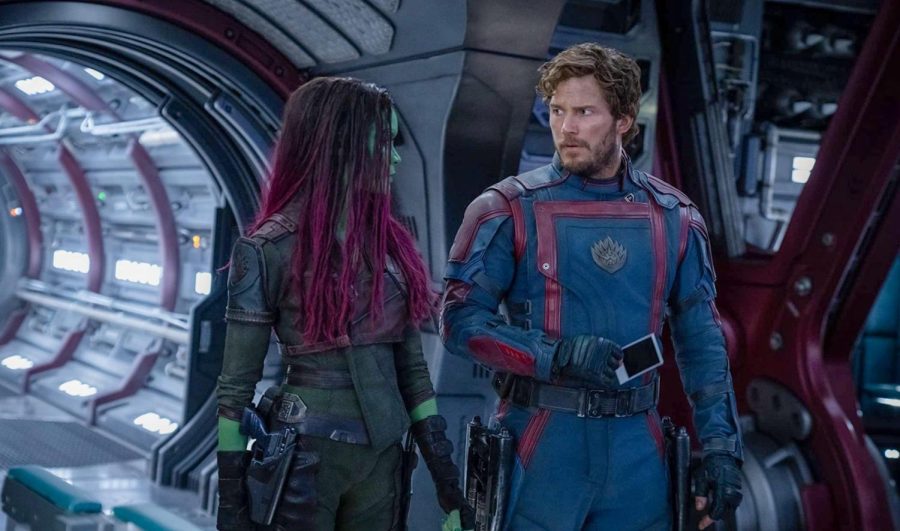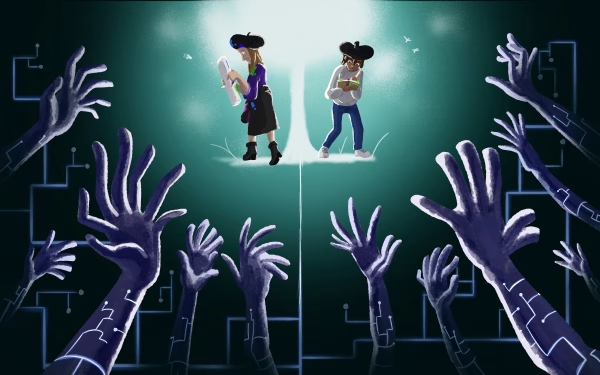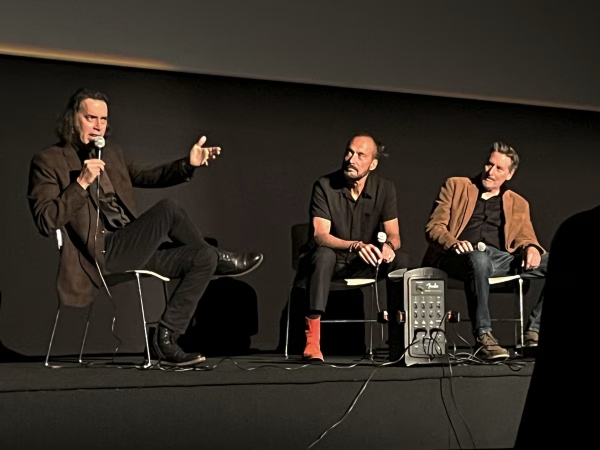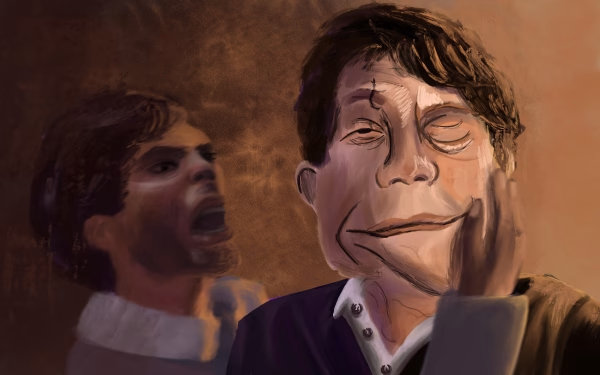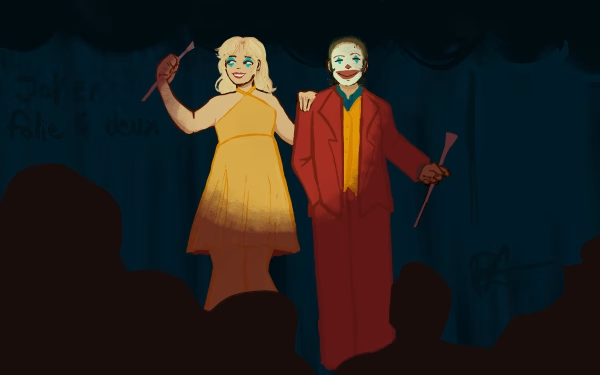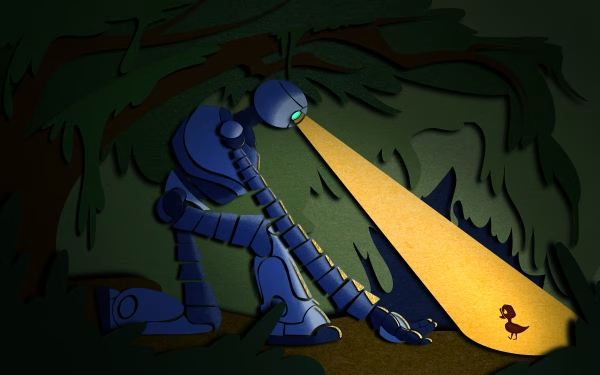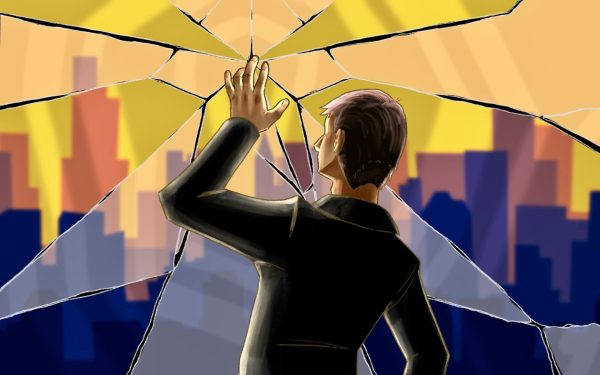Third time is not a charm: ‘Guardians of the Galaxy Vol. 3’
Zoe Saldana (left) and Chris Pratt star in James Gunn’s latest Marvel film Guardians of the Galaxy Vol. 3.
The “Guardians of the Galaxy” films have always been the crown jewel of the Marvel Cinematic Universe. While other pictures in the franchise, such as the endless slew of “Avengers” centric media, were repeatedly belittled for being corporate products and lacking in vision, the consensus grew that the “Guardians of the Galaxy” and its sequel were the only two releases that express any individuality.
Guided by the seemingly omnipotent hand of director James Gunn, the films chiseled out a space in the cliff of critical engagement where auteur driven and artistic impulses were melded with more mainstream tastes. Although controversies surrounding Gunn’s past have seen declining box office returns for his projects (such as “The Suicide Squad,” which grossed only grossed $168,717,425 against a $185,000,000 budget), “Guaridans of the Galaxy 3” still had a huge amount of build up. Prior to its release, the third film carried the burden of audience expectations but was simultaneously poised to tie a bow on an acclaimed series of films. Sadly, tonal inconsistencies and an effort to wrap up every single one of the character’s plotlines leaves the film feeling bloated and disappointing.
“Guardians of the Galaxy Vol. 3” is intended to be a swan song before the franchise is retired. It opens just before Rocket Raccoon (Bradley Cooper) is severely injured. Desperate to find a way to cure him, the guardians try to find his creator, the High Evolutionary, a dictator who dwells deep within the universe’s outer reaches. Along the way, they encounter enemies and allies, old friends and lovers. All this culminates in a battle of massive proportions. Flashbacks to Rocket Racoon’s youth and the grisly experiments that spawned him are frequently interspersed.
To some extent, the film deserves praise for how audacious it is. The segments dedicated to Rocket Raccoon’s backstory often depict gory details that border on an R-rating and, at the very least, warrant a trigger warning for animal abuse. All of Gunn’s previous, more subversive inclinations are apparent. Whether it was “Slither,” a horror film about killer slugs, or “The Belko Experiment,” a “Lord of the Flies” style thriller set in a white collar office block, Gunn has always been concerned with finding the fissures within genre tropes. Rocket Racoon’s flashbacks may turn some away for their graphic nature. However, they also deconstruct many of the elements Marvel is criticized for. Instead of watering anything down, Gunn draws out emotional depth from those ugly moments. It is raw and cathartic, especially considering its PG-13 rating.
Sadly, these poignant moments are not enough to save the film. If anything, these flashbacks set a trap for the film. “Guardians of the Galaxy Vol. 3” wants to be an emotional farewell to its characters, but it also wants to be a humorous romp through the stars. The grim, almost depressing nature of Rocket Racoon’s story chafes against the constant joking of Star Lord (Chris Pratt) and Drax (Dave Bautista). “Guardians of the Galaxy Vol. 2” was able to tell a touching story of father/son relations while also using humor to accentuate the thematic catharsis. Volume 3 attempts this but falls short. The film is constantly trying to walk an emotional tightrope, and by the end, it simply cannot keep its balance.
Likewise, since this is the last film in the trilogy, Gunn attempts to give every single major character an arc. The final act tries to handle six distinct plotlines, which is simply too many when one considers that all this is only dealt with in the last 40 minutes of runtime. For example, characters will frequently be thrown into ridiculous situations solely for the purpose of being saved later and having unearned character growth. Such a simple mistake seems to violate every rule set forth in entry level screenwriting guides. The result is that the film feels bloated and unfocused.
What makes all this even more disappointing is when one considers what this film could have been. All the components are there for a good picture. Gunn’s sensibilities coupled with the more touching elements, such as Rocket Racoon’s backstory, point to something that had real potential. Tragically, the final product is less than the sum of its parts.


